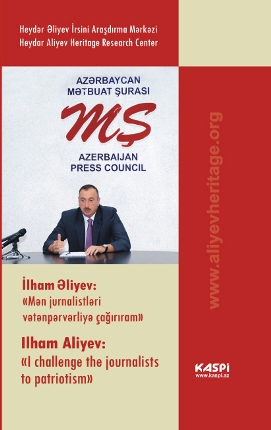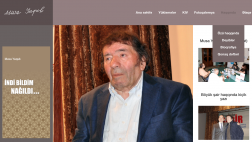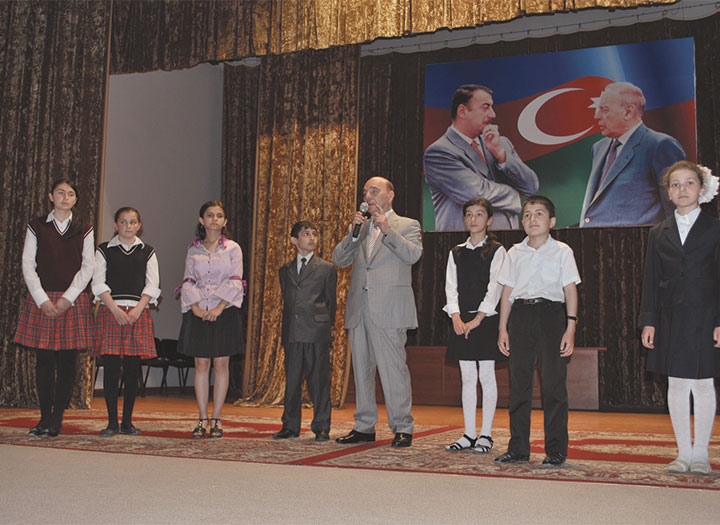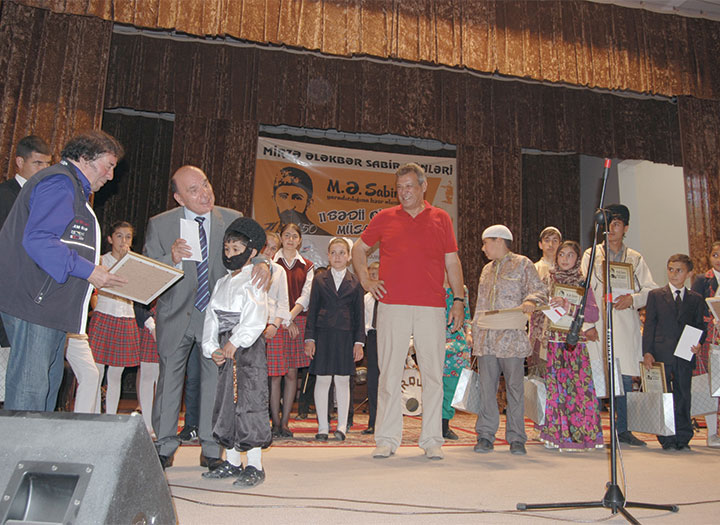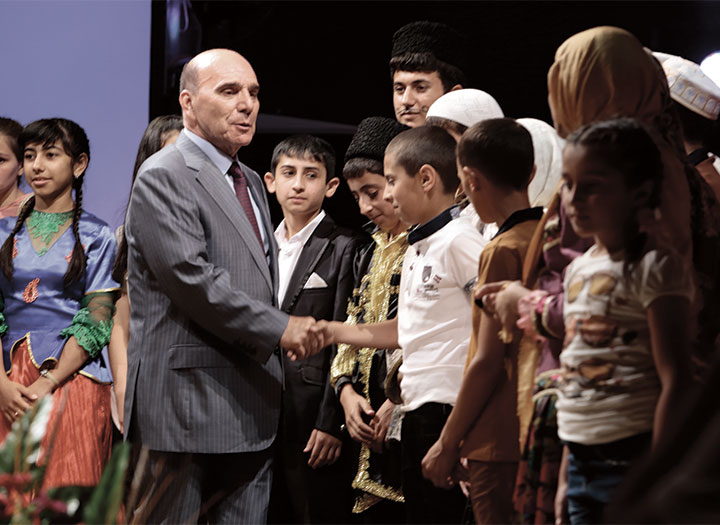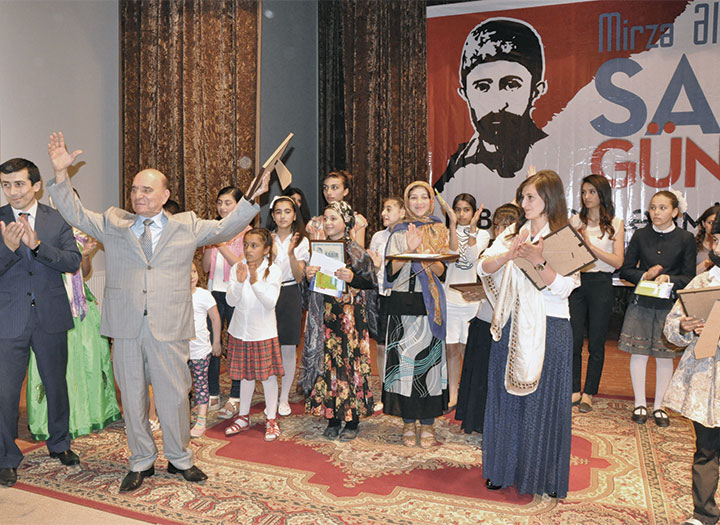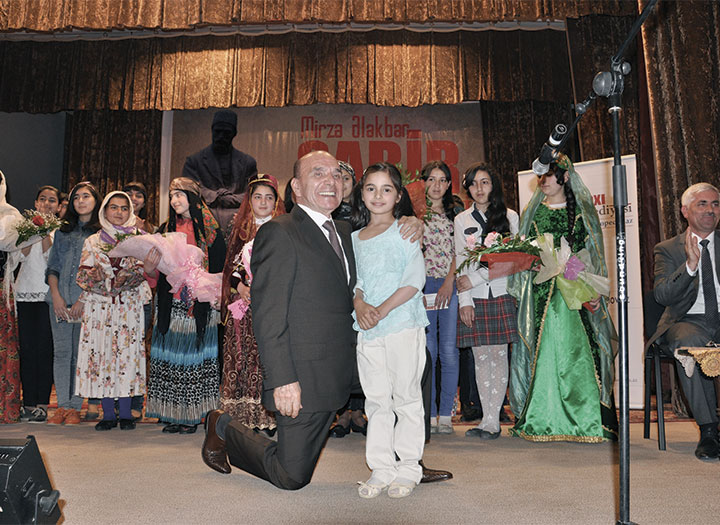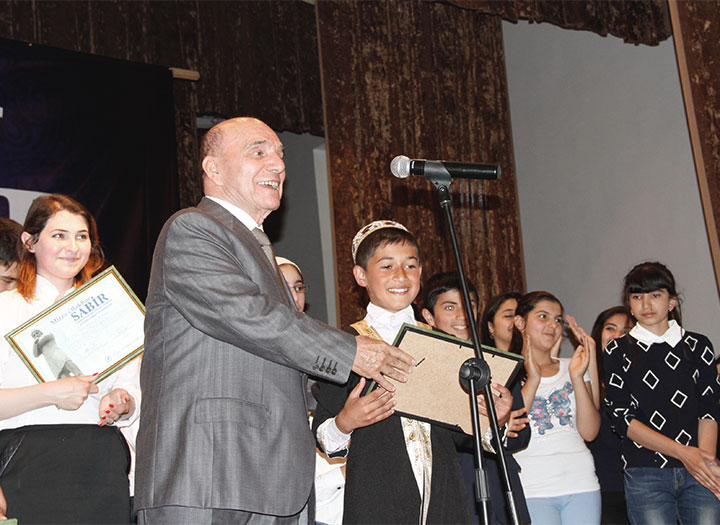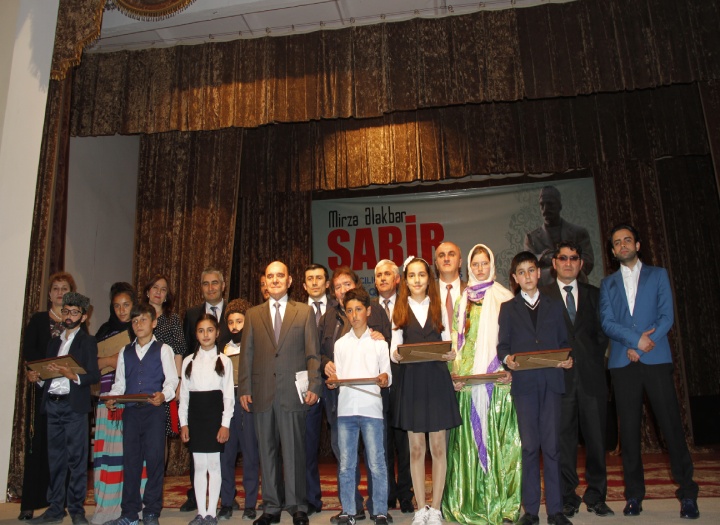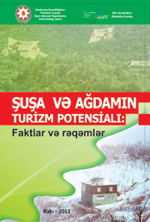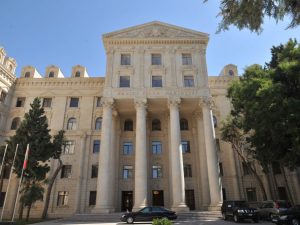 The press service of the Ministry of Foreign Affairs has issued a statement on the anniversary of occupation of the Kalbajar district of Azerbaijan, 1993 and April escalation, 2016.
The press service of the Ministry of Foreign Affairs has issued a statement on the anniversary of occupation of the Kalbajar district of Azerbaijan, 1993 and April escalation, 2016.
The statement reads: “On April 2, 1993 the Kalbajar district of Azerbaijan was occupied by armed forces of Armenia. Kalbajar located beyond the Nagorno-Karabakh region of Azerbaijan was occupied as a result of offensive operation mainly carried out from the territory of Armenia by use of heavy weaponry, Mi-24 helicopter gunships and advanced fixed wing aircrafts of Armenia.
As a result of occupation, up to 60.000 inhabitants of Kalbajar were subjected to ethnic cleansing and expelled from their native lands, 511 innocent civilians were killed, 321 persons were taken hostage or went missing. Currently, more than 70.000 Kalbajar residents are temporarily residing in different regions of Azerbaijan as internally displaced persons (IDPs).
Armenian occupation destroyed rich historical-cultural heritage of Kalbajar.
The original architectural features of cloisters belonging to the ancient Albanian Christian heritage of Azerbaijan and having no connection with the Armenian Church, were changed and armenianized.
Natural mineral resources of Kalbajar are subject to illegal exploitation. Since 2002, Base Metals CJSC, which is a wholly owned by subsidiary of the Armenia’s Vallex Group CJSC, registered in Liechtenstein, has been exploiting Gyzylbulag underground copper-gold mine near Heyvaly village in the Kalbajar district. Since 2007, GPM Gold, a subsidiary of GeoProMining Ltd., has been extracting ore in Soyudlu gold mine. The satellite images show that exploitation of the resources in the mine is expanding.
The Vardenis-Aghdara highway through the occupied Kalbajar district of Azerbaijan is directly linked to gaining access to the areas in the occupied territories rich in natural resources and to facilitate extracting goods and minerals out of the occupied territories to Armenia and international markets.
Along with the abovementioned Armenia, in blatant violation of the international humanitarian law, transfers settlers of Armenian origin to the occupied Kalbajar district, with a view to change demographic features of these territories.
In response to the occupation of the Kalbajar district, the President of the UN Security Council issued statement on 6 April, 1993. Then, UN Security Council adopted Resolution 822, which reaffirmed “the inviolability of international borders and the inadmissibility of the use of force for the acquisition of territory” and “demanded immediate withdrawal of all occupying forces from the Kalbajar district and other recently occupied areas of Azerbaijan”. Following the adoption of this, the CSCE Minsk Group worked out the “timetable of urgent steps” to implement the resolution.
Armenia until now continues to disregard the implementation demands of the UN SC resolutions.
Escalation of situation along the line of contact on April 2, 2016 as the result of attacks by the armed forces of Armenia on settlements densely populated Azerbaijani civilians with heavy weapons once again demonstrated that the illegal presence of armed forces of Armenia in the occupied territories of Azerbaijan remains major threat to regional peace and security. In response to the attacks of Armenia, the Armed Forces of Azerbaijan have taken counter measures, which resulted in providing security for the Azerbaijani civilians residing in close vicinity of the line of contact through liberation of strategically important territories and heights from occupation.
Armenia has to understand that occupation of Azerbaijan’s lands, including Kalbajar district is temporary. The only way to achieve a durable and lasting peace is to ensure the unconditional and complete withdrawal of the Armenian armed forces from the occupied territories of Azerbaijan, the exercise by the forcibly displaced persons of their inalienable right to return to their places of origin in safety and dignity.
The Armenian side, instead of wasting time and misleading its own people and the international community, must cease its policy of annexation and ethnic cleansing, and comply with its international obligations, as well as the demands of the UN SC resolutions and decisions of other international organizations.”
